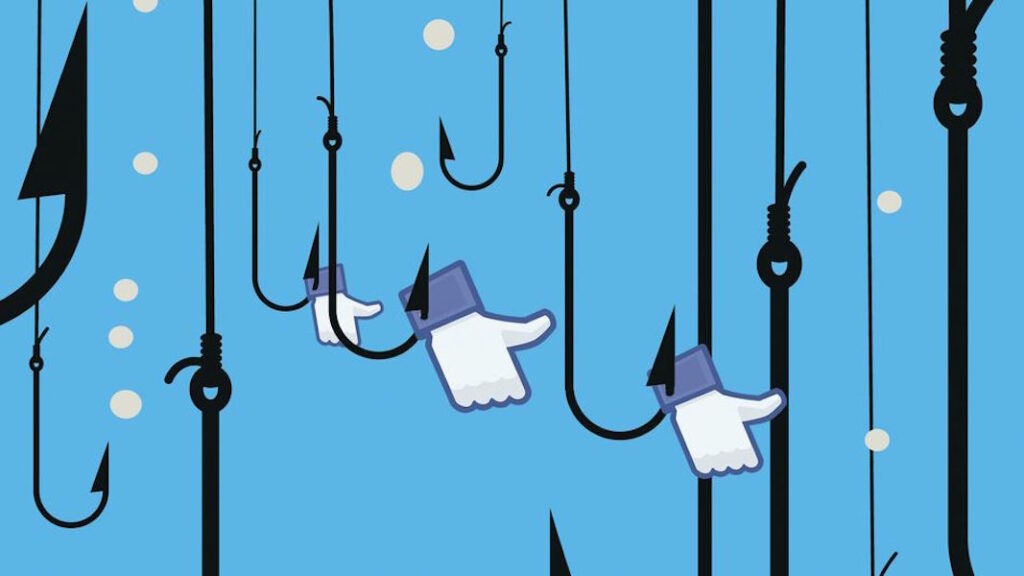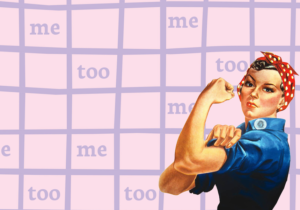Facebook has made a number of tweaks to its News Feed algorithm that has publishers and businesses scrambling to keep up. The social giant has shifted its newsfeed yet again and this time they are demoting “clickbait” stories.
The company is categorizing headlines that are considered to be clickbait through two key points:
“(1) if the headline withholds information required to understand what the content of the article is; and (2) if the headline exaggerates the article to create misleading expectations for the reader.”
After examining what the company states is “tens of thousands of headlines”, Facebook has offered up a few examples of what these headlines might look like:
“[T]he headline “You’ll Never Believe Who Tripped and Fell on the Red Carpet…” withholds information required to understand the article (What happened? Who Tripped?) The headline “Apples Are Actually Bad For You?!” misleads the reader (apples are only bad for you if you eat too many every day).”
While clickbait may be universally hated and problematic not just for readers but for media outlets that care about providing quality journalism to their audiences, the idea that Facebook is the gatekeeper for what should and should not be read by audiences is a scary thought.
Just a few months ago, Facebook made a change that prioritized posts from friends over posts made by publishers making it much harder and more expensive for media outlets to get their stories out to audiences. That shift alone made large media groups question their use of Facebook and led them to examine the possibility of creating alternative networks and avoid being filtered through a third party algorithm.
Just days after Facebook released information about the change in their algorithm, Robert Thomson, chief executive of News Corp stated, “Media platforms need to extend their reach to compete more forcefully with the likes of Facebook. The dependency on those dominant social platforms show it is imperative for media companies to create their own network effect.”
Facebook has already been challenged on their publishing best practices guides by media outlets and businesses arguing their news feed restrictions may in fact be a form of unfair censorship.
An example of this censorship is that of the body positive lingerie campaign put forth by Curvy Kate. In this particular instance, Facebook’s community standards rejected an advertisement by Curvy Kate in part because the company believed a trans woman in lingerie was too sexually explicit. After a media backlash, Facebook apologized for banning the ads but the issue still remains – should Facebook hold this level of control over the content that is disseminated to its audiences?









